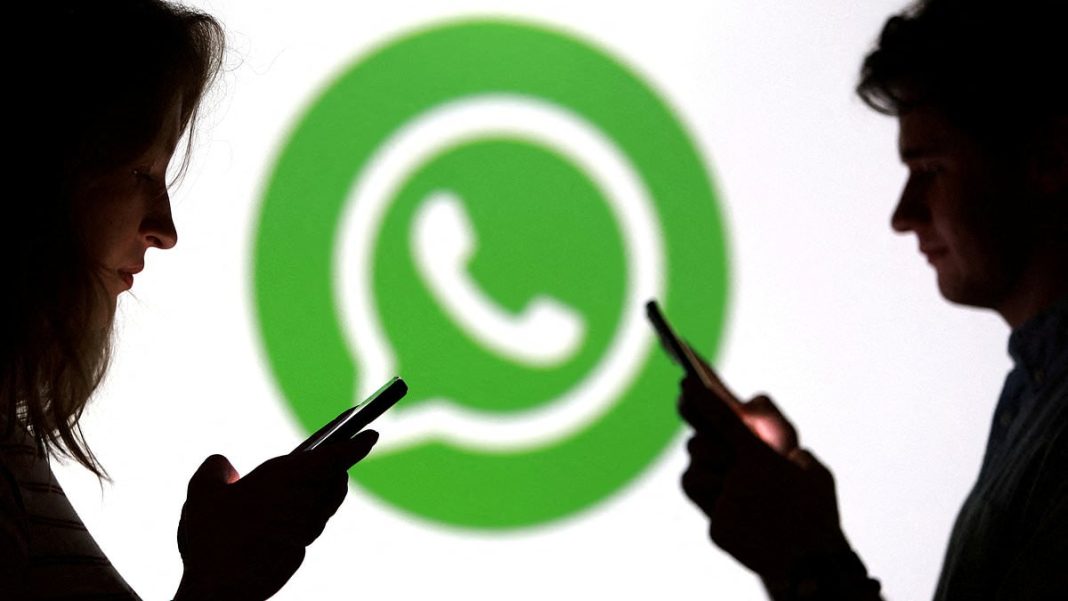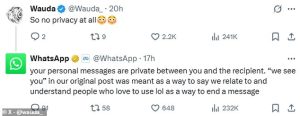WhatsApp’s ‘We See You’ Joke Sparks Privacy Concerns
A poorly-received joke from WhatsApp has triggered widespread privacy concerns among users about the platform’s end-to-end encryption claims.
Key Takeaways
- WhatsApp’s tweet about seeing users who end messages with “lol” sparked privacy backlash
- Users questioned whether end-to-end encryption is truly private
- The company clarified the statement was meant “figuratively, not literally”
- Over 6.9 million views on X amplified the controversy
WhatsApp faced significant backlash this week after posting a controversial tweet that read: “people who end messages with ‘lol’ we see you, we honor you.” While intended as light-hearted humor, the message immediately raised alarms about the platform’s encryption practices.
The tweet quickly gained over 6.9 million views on X, with users expressing serious concerns about WhatsApp’s privacy claims. One user questioned: “‘we see you’? How? What happens to chat encrypted?” while another commented: “So no privacy at all.”
WhatsApp’s Response and Clarification
In response to the growing controversy, WhatsApp clarified that the phrase “we see you” was “meant figuratively, not literally.” The company assured users: “Your personal messages are private between you and the recipient,” explaining the statement was meant to show they “relate to and understand people who love to use lol as a way to end a message.”
Despite these assurances, many users remained skeptical, with some calling for the social media manager responsible for the tweet to be fired.
Understanding End-to-End Encryption
WhatsApp has featured end-to-end encryption since 2016, with the company stating that “privacy and security is in our DNA.” This technology ensures that only the two participants in a conversation can read messages, preventing access by anyone else – including WhatsApp itself.
The system works by providing cryptographic keys automatically to only the two people in each conversation, securing messages, photos, videos, documents, and calls from interception.
Security Context and Alternatives
The controversy comes amid recent warnings from cybersecurity experts about SMS vulnerabilities. Dan Lattimer, cyber expert at Semperis, told the Daily Mail: “SMS lacks encryption, making it more vulnerable to interception, spoofing, and other forms of unauthorized access.”
For users considering alternatives to WhatsApp, several encrypted messaging options exist:
- Signal: Open-source and highly secure with default end-to-end encryption
- Telegram: Popular alternative with self-destructing messages, though encryption isn’t default
- iMessage: Apple’s secure messaging for iPhone users only
- Google Messages: Android-focused alternative with Google integration
Despite the recent controversy, encrypted messaging apps like WhatsApp remain significantly more secure than traditional SMS for sensitive communications.








